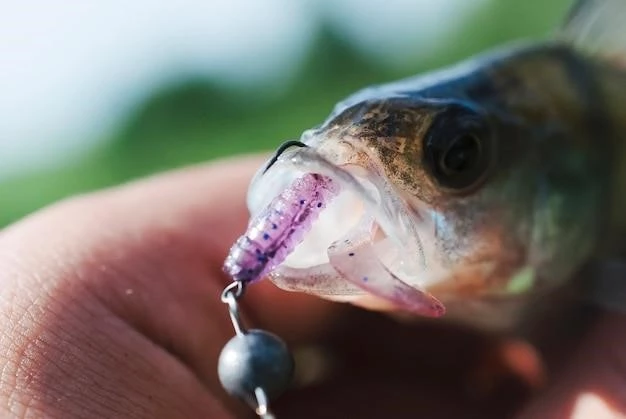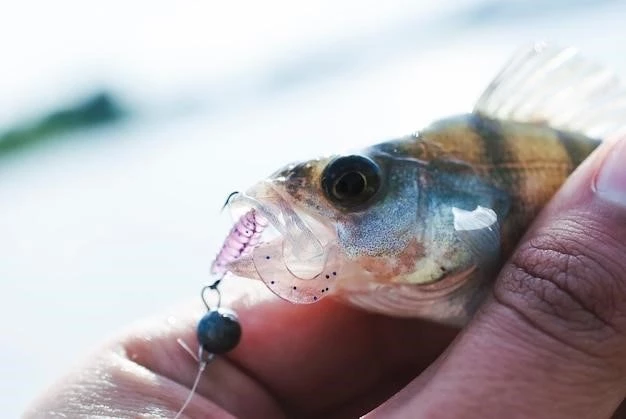Symptoms of Ciguatera Fish Poisoning
Gastrointestinal Symptoms
Common symptoms include nausea, vomiting, diarrhea, and abdominal pain. These symptoms usually occur within a few hours of consuming contaminated fish.
Neurological Symptoms
Neurological effects can include tingling sensations, muscle weakness, and temperature reversal. These symptoms may progress over days to weeks.
Cardiovascular Symptoms
Symptoms may include low blood pressure, slow heart rate, and abnormal heart rhythms. These cardiovascular effects can be serious and require medical attention.
Preventing Ciguatera Fish Poisoning
Avoid High-Risk Fish Species
High-risk fish like barracuda, grouper, and snapper should be avoided. Be cautious when consuming fish from tropical or subtropical waters known for ciguatera poisoning outbreaks.
Proper Cooking Techniques
Cooking fish thoroughly does not eliminate ciguatoxins. However, it can reduce the risk of other bacterial or parasitic infections that may cause additional health issues.
Being Aware of Local Health Advisories
Stay informed about any ciguatera warnings or advisories in your area. Local health departments may provide information on recent outbreaks or high-risk fish species to avoid.
Ciguatera Fish Poisoning Treatment Options
Symptomatic Treatment
The focus is on managing symptoms like gastrointestinal distress and neurological effects. Supportive care, hydration, and rest are often recommended while the body naturally eliminates the toxins.
Intravenous Fluids
Severe cases may require intravenous fluids to maintain hydration and electrolyte balance. This helps support the body during the acute phase of ciguatera fish poisoning.
Antiemetic Medications
Antiemetics may be prescribed to manage nausea and vomiting symptoms associated with ciguatera fish poisoning. These medications can help alleviate discomfort and improve quality of life during recovery.
Ciguatera Fish Poisoning⁚ Causes and Risk Factors
Causative Agent⁚ Gambierdiscus Toxicus
The microalgae produce ciguatoxins that accumulate in fish, leading to ciguatera fish poisoning when consumed by humans. Understanding and monitoring these algae are crucial for prevention.
Risk Factors⁚ Tropical and Subtropical Regions
Ciguatera fish poisoning is commonly found in warm waters, affecting regions like the Caribbean, Pacific, and Indian Oceans. Consuming fish from these areas poses a higher risk of contamination.
Bioaccumulation in Predatory Fish
Ciguatoxins accumulate as they move up the food chain, leading to higher concentrations in large predatory fish. Avoiding consuming these fish can reduce the risk of ciguatera fish poisoning.
Understanding Ciguatera Fish Poisoning Toxins
Ciguatoxins and Maitotoxins
Ciguatoxins and maitotoxins are potent neurotoxins produced by microalgae that accumulate in reef fish. These toxins can cause symptoms ranging from gastrointestinal issues to neurological problems.
Effects on Human Health
Ciguatoxins and related toxins can lead to a range of symptoms such as gastrointestinal distress, neurological issues, cardiovascular complications, and long-term effects impacting quality of life.
Detection Methods
Testing fish samples for ciguatoxins involves specialized methods like liquid chromatography-mass spectrometry to accurately identify toxin presence and ensure food safety.
Ciguatera Fish Poisoning⁚ Commonly Affected Fish Species
Barracuda
Barracuda is a commonly affected fish species by ciguatera poisoning due to its predatory nature and where it resides in reef ecosystems, making it a high-risk fish for ciguatoxin contamination;
Grouper
Grouper, a reef-dwelling fish, is commonly linked to ciguatera poisoning. Its position as a predator in the food chain increases the likelihood of accumulating ciguatoxins, posing a risk to consumers.
Snapper
Snapper, especially from tropical waters, is a fish species frequently associated with ciguatera poisoning. As a predatory fish, snapper may bioaccumulate ciguatoxins, posing health risks to consumers.

Long-Term Effects of Ciguatera Fish Poisoning
Chronic Fatigue
Chronic fatigue is a common long-term effect of ciguatera fish poisoning, impacting daily functioning and quality of life. Persistent fatigue can last for weeks or months after the initial poisoning event.
Neurological Symptoms Persisting
Neurological symptoms like tingling, numbness, and muscle weakness can persist long-term after ciguatera fish poisoning, impacting motor function and overall well-being. Close monitoring and symptom management are essential.
Impact on Quality of Life
Long-term effects of ciguatera poisoning can significantly impact quality of life, leading to ongoing health issues, psychological distress, and challenges in daily activities. Support and management are crucial;
Ciguatera Fish Poisoning Outbreaks⁚ Recent Cases and Updates
Case Studies from Pacific Islands
Recent case studies from Pacific Islands have highlighted the prevalence and impact of ciguatera fish poisoning, emphasizing the need for monitoring, prevention, and public awareness programs.
Global Surveillance and Reporting Systems
Enhanced global surveillance and reporting systems play a vital role in tracking ciguatera fish poisoning outbreaks, improving response times, and implementing preventive measures to safeguard public health.
Public Health Response Strategies
Effective public health response strategies involve rapid identification, communication, and collaboration to manage ciguatera fish poisoning outbreaks, protect at-risk populations, and prevent further cases through education and awareness.
